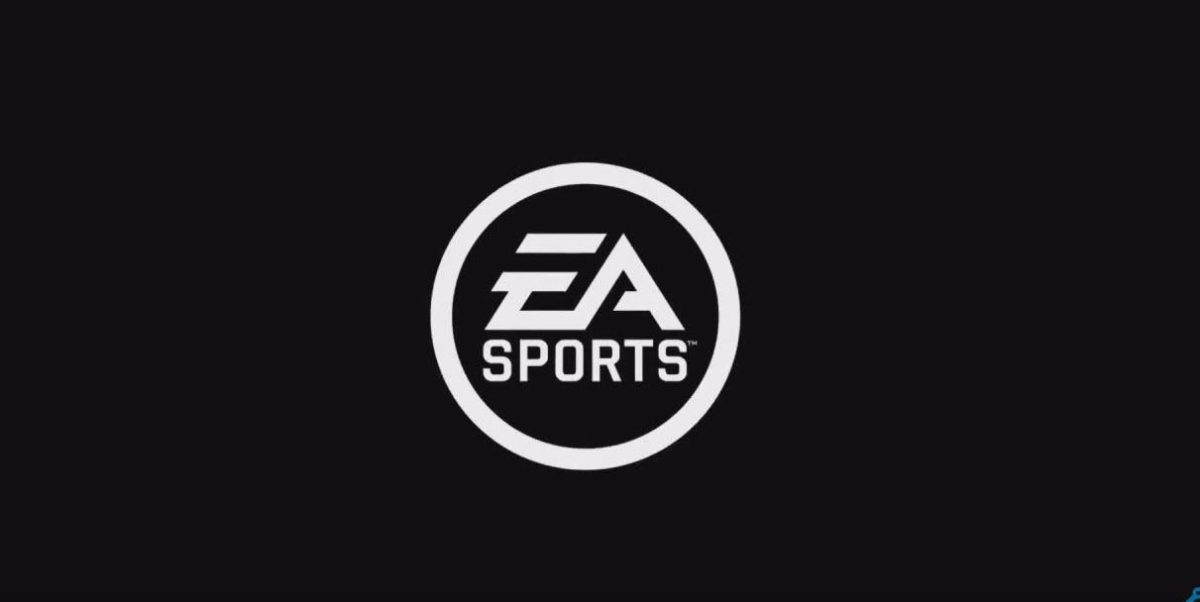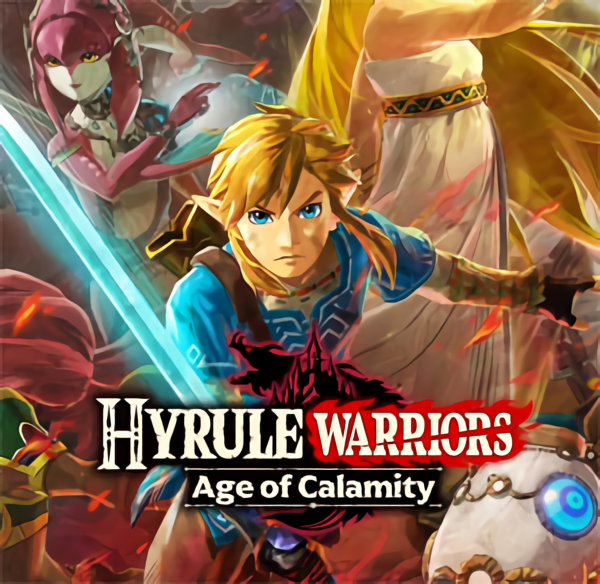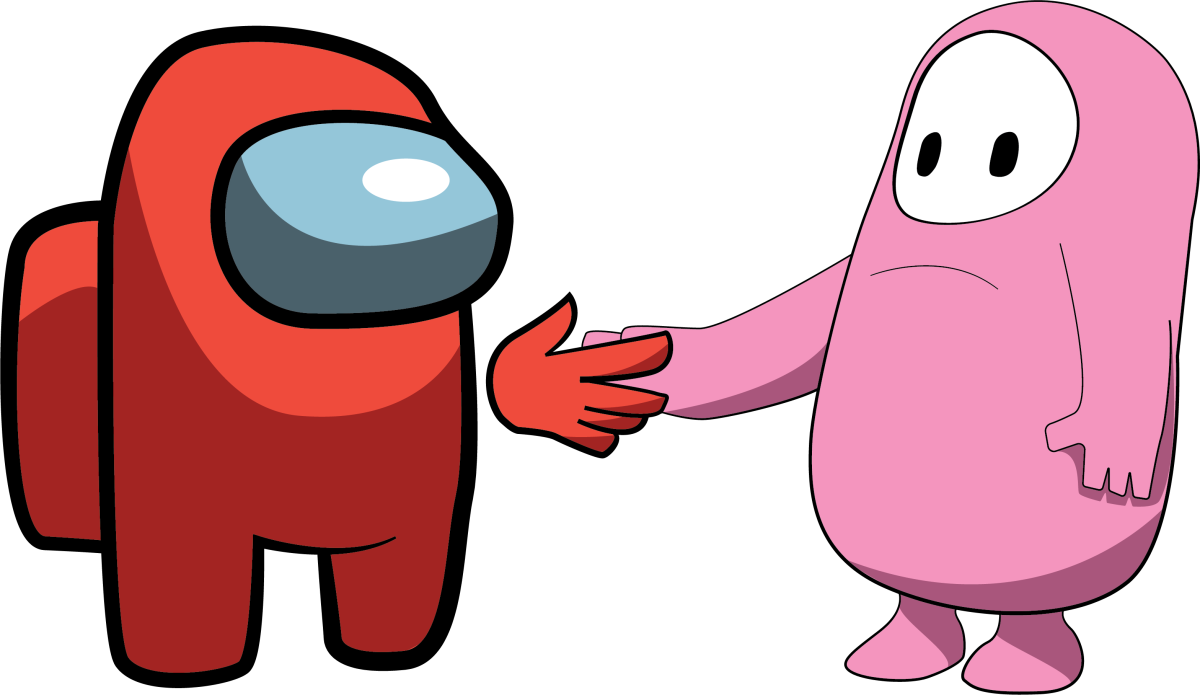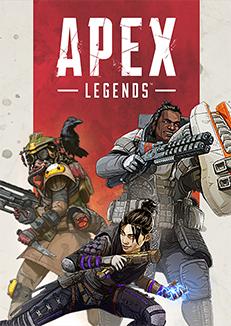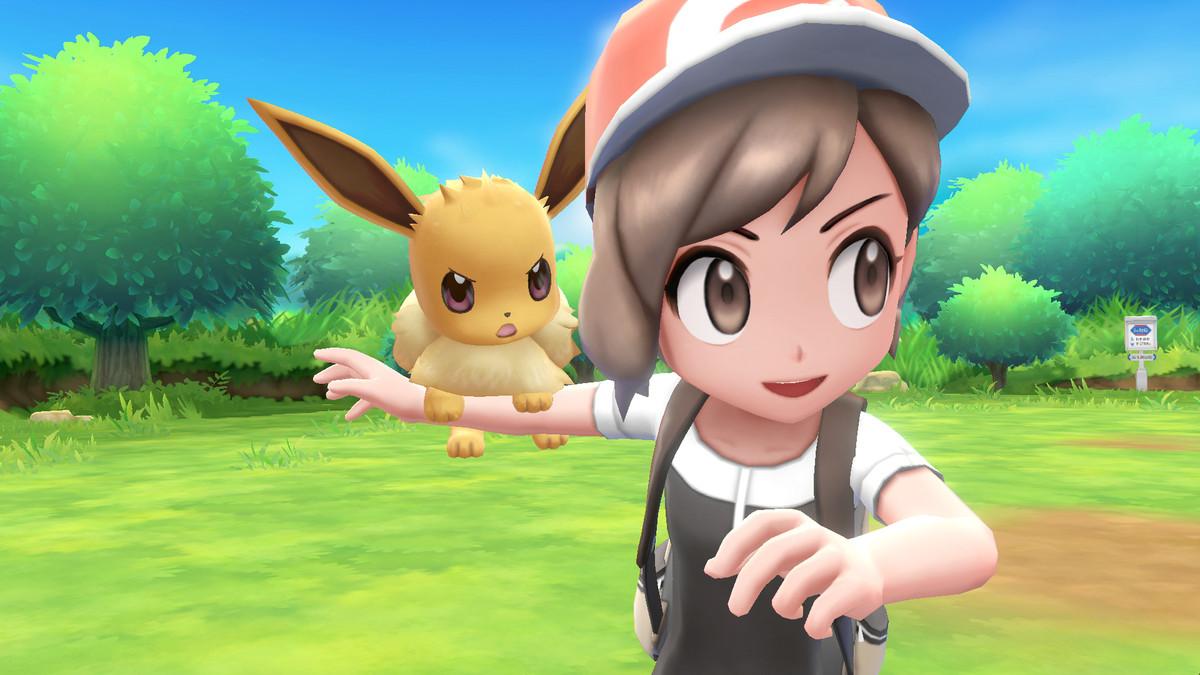Electronic Arts (also known as EA) is a video game production company known for many titles including Madden NFL, FIFA, Dead Space, and Battlefield. Recently, the company has been put under fire for their latest game: Star Wars Battlefront II.
The Star Wars series has been in the video game market for quite some time now (1983 with Star Wars by Atari Inc), ranging from the LEGO Star Wars games to Star Wars: The Force Unleashed. These games, although similarly themed, were not created by the same developer and varied from game to game. What makes these games stand out from EA’s new release are the “free to play” and “pay to win” aspects of Battlefront II.
Star Wars BattleFront II, although an average game by many critic’s standards (IGN: 6.5/10, MetaCritic: 72%, Digital Trends 7/10), fans of the previous Star Wars: Battlefront feel betrayed by the company’s greed and implementation of “loot crates” (a purchasable item to open and receive other virtual items) and “crystals” (Star Wars: Battlefront II’s form of currency).
The problem with this system is that the loot crates are not strictly for cosmetic items (items that alter the appearance of the user’s character, but do not affect gameplay) and gives an advantage to players who are willing to sink in more money into a game they payed $60 for. The loot crates unlock characters, weapons, cosmetics, and ships and can give players crafting parts (to create other items).
To purchase loot crates, the user base must either use “credits” or “crystals”. Although the credits were able to be earned through gameplay and hours logged into the game, crystals could be purchased with real money. Loot crates themselves are another controversy because many people believe them to be equivalent to gambling and that the game is targeting children to buy and use these crates. According to Soeren Kamper, a vocal fan of Star Wars games, it would take “4,528 hours of gameplay (or $2100) to unlock all base-game content in Star Wars: Battlefront 2”. This finding outraged fans throughout the globe.
Many social media pages were filled with enraged rants and tirades about EA’s “greediness” and microtransactions. Stories of EA’s previous microtransaction-filled titles ran around, how this is “what we should have expected”, and how the beta showed this problem. The hate reverberated and grew to such strength that the company issued an official statement.
Oskar Gabrielson, the general manager of DICE, the EA unit that developed Battlefront II, proclaimed “We hear you loud and clear, so we’re turning off all in-game purchases”. What fans also noticed is that at the end of the statement, Gabrielson said that they will be turning it back on at a later date after changes were made to the game. Although this appeased some fans, many are still wary about the company and urge others to still not purchase the game in order to “make an impact on their wallet” or else they will do it again. And it’s working.
Currently, EA’s stock has dropped 2.5% and investors are worried. The company told its investors that turning off microtransactions will not have an impact on earnings. While it is not clear if EA will keep going down in the stock market due to fans not buying the games, it is evident that they have lost face with the players and investors.



























